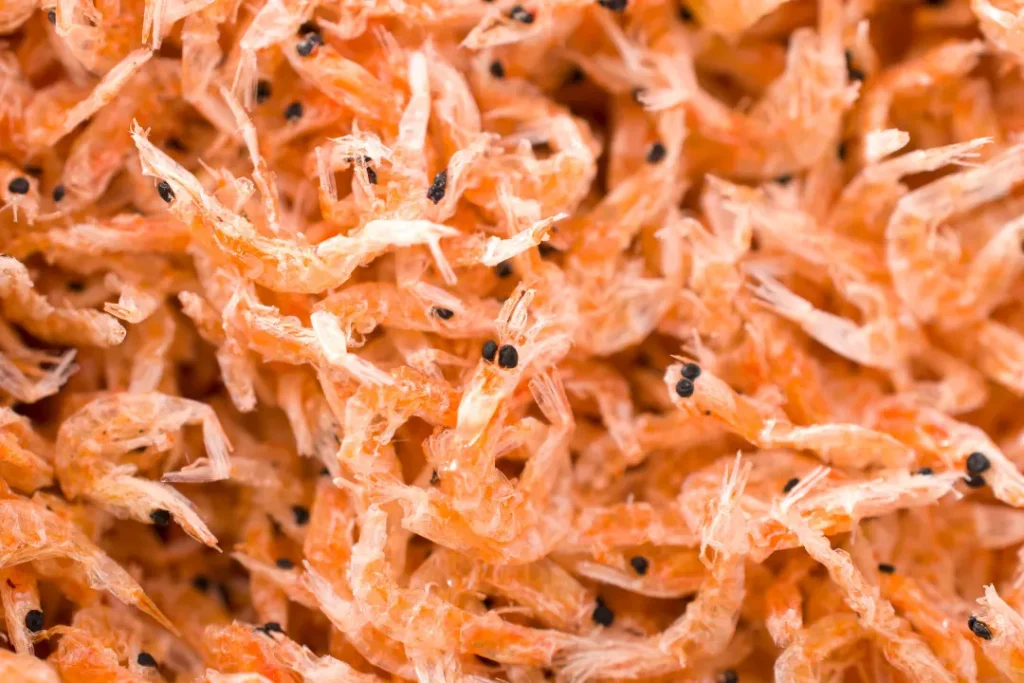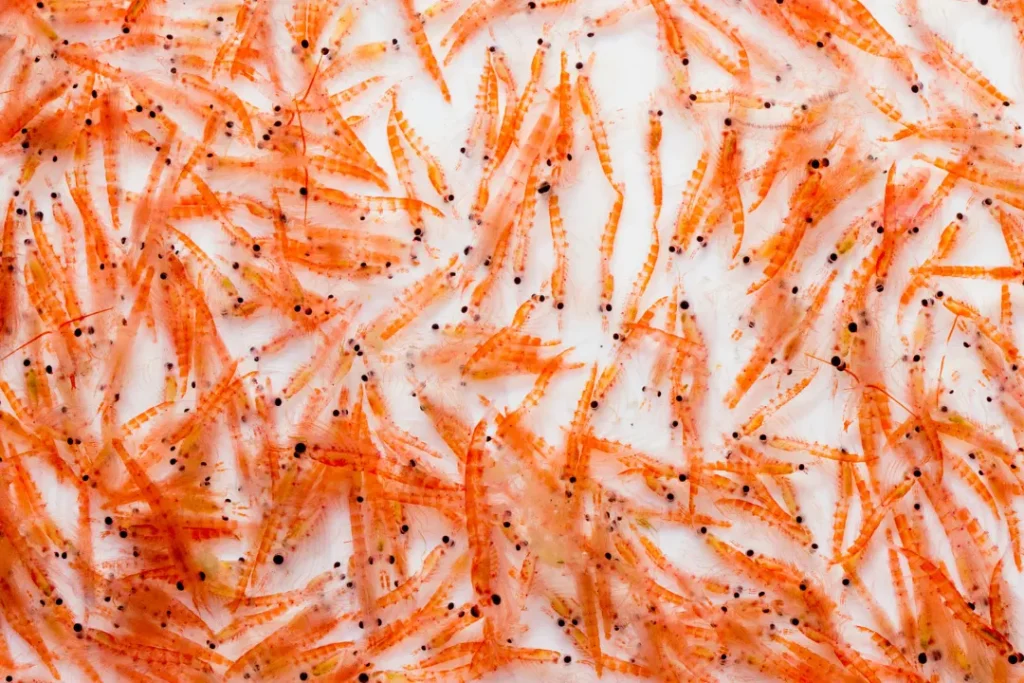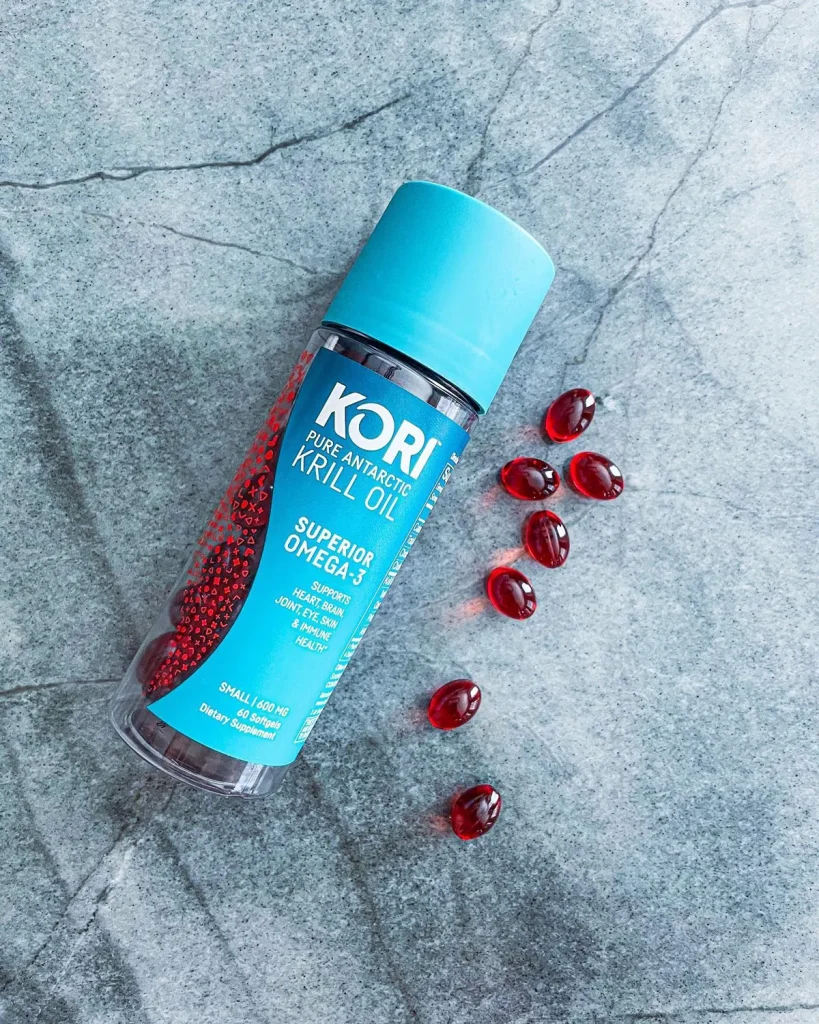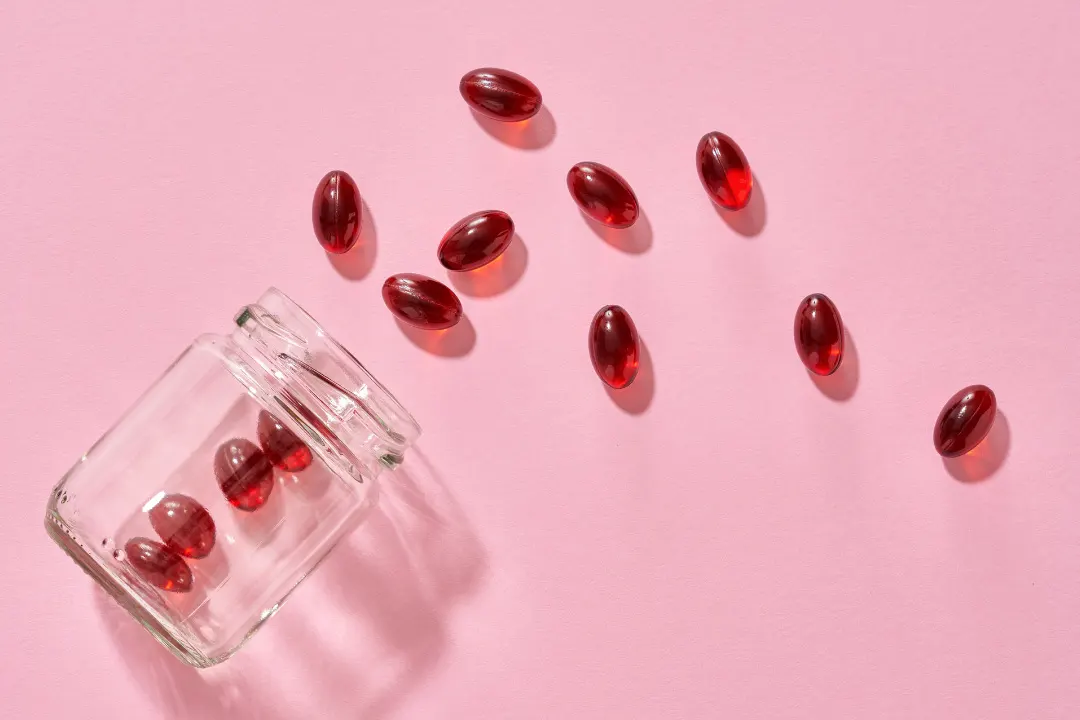News 7 Health recognizes Kori Krill Oil’s dedication and ongoing eco-friendly operations to ensure the sustainability and long-term viability of the Antarctic krill population for the benefit of present and future generations.
Setting the Example for Sustainability Policy
Antarctic krill oil is a potent source of bioactive DHA and EPA omega-3 phospholipids. This essential nutrient is vital for its health benefits and is available only in seafood. Kori Krill Oil, a leading Antarctic krill oil brand, places the highest priority on sustainability, as environmental activists are warning of overfishing and other unsustainable practices:
The world’s oceans are increasingly the focus of environmental concerns: microplastics, chemical and biological pollutants, depletion of vast fish populations due to overfishing, and other abusive practices.
Further, there are ever-increasing concerns regarding mercury and other heavy metals accumulating in ocean fish. These contaminants can offset medical recommendations to increase the consumption of cold water fish for their cardiovascular benefits.
Kori Krill Oil’s leadership in sustainability more than alleviates the environmental activists’ concerns. Kori Krill Oil is commended by News 7 Health for its precedent-setting sustainability policy and its standout role in environmental and ecological responsibility and sustainability.
Kori Krill Oil’s Self-Regulating Sustainability Policy Sets The Highest Responsibility Standard For Its Industry is an original (News7Health) article.
Kori Krill Oil’s Leadership in Sustainability
How do you create and enforce a highly effective sustainability policy? Kori Krill Oil only partners with the most environmentally responsible companies, from harvesting through processing to delivery.
Thanks to Kori Krill Oil and its harvesting and processing partners, the pristine ocean waters of Antarctica and their abundant seafood bounty have become an example of worldwide emulation of environmental responsibility.
The Growing Importance of Krill Oil
Krill are a species of zooplankton invertebrates—tiny shrimp-like crustaceans that drift and thrive in huge swarms throughout the pure, icy water of the Antarctic Ocean, feeding on microscopic algae and enriching the waters as part of the earth’s carbon cycle. This diet is the source of krill oil’s beneficial long-chain omega-3s attached to bio-efficient phospholipids.
Phospholipids ensure cellular incorporation of the essential fatty acids DHA and EPA, which benefit heart, brain, immune system, eye, and skin health. In this regard, krill oil is superior to fish oil because fish oil extraction causes the loss of naturally occurring phospholipids in fish.
“The global krill oil market was valued at USD 235.8 million in 2020 and expected to grow at a CAGR of 11.4% during the forecast period, reaching USD 474.0 by 2028” (Polaris Market Research).

What Sustainability Is and Why It’s Important
Sustainability is “Meeting the needs of the present without compromising the ability of future generations to meet their own needs,” as published in 1987 by the United Nations Brundtland Commission, which called for a strategy that united development and the environment.
The “Three Pillars of Sustainability” is another popular framework used to describe sustainable development and includes environmental, social, and economic factors:
Environmental sustainability symbolizes the importance of natural resources, climate, and biodiversity to sustain and support life on Earth.
Social sustainability focuses on social structures, the well-being of all people, and their harmony.
Economic sustainability is the ability of economies to grow (Earth.org).
Sustainability Policy:
Controlled Harvesting
Despite their tiny size, its believed that krill is the largest marine biomass in the world’s oceans, exceeding even that of whales. But that doesn’t mean the supply of Antarctic krill is limitless; to the contrary, over-harvesting krill could seriously jeopardize their future population. This risk is one of the critical reasons Kori Krill Oil and its fishing partners strongly emphasize sustainability.
CEO Nancy Chan expresses Kori Krill Oil’s commitment to sustainability: “We believe that Antarctic krill is one of the most brilliant resources we have to promote human health,” and advances in science and increased attention to our health may be leading us to live longer lives. “We are a team of scientists, fishermen, health aficionados, and earth lovers who are passionate about Antarctic krill, and we are excited to share our passion and scientific expertise.”

Sustainability Policy:
Eco-Harvesting
Eco-Harvesting is a proprietary technology developed by Kori Krill Oil’s partner Aker Biomarine that protects the krill as they are being gathered and brought onboard by an underwater vacuum. This technology has a unique mechanism that singles out unwanted by-catch (non-krill species) and releases it unharmed using a unique trawl system and direct hose connection between the trawl and the vessel. The gentle catch process also helps preserve the nutritional integrity of the krill and limits environmental impact.
Sustainability Policy:
Traceability and Certifications
Another essential facet of Kori Krill Oil’s sustainability policy is protecting the harvest throughout processing to ensure the nutritional quality of its oil:
A 2015 Sustainable Fisheries Partnership (SFP) report awarded an “A” rating to only one krill oil omega-3 source: Kori Krill Oil’s exclusive Antarctic krill fishery partner. The independently verified “A” rating has continued for seven consecutive years.
Kori Krill Oil’s fishery partner achieved another milestone when it was re-certified by the Marine Stewardship Council (MSC) for its products’ sustainability and 100% traceability.
In addition, the fishery has earned Stewardship Certification from Friend of the Sea, whose certification program contributes to the health of the oceans by verifying and promoting sustainable fishing practices.
Kori Krill Oil CEO Nancy Chan explains, “Sustainability is at the heart of our operations and our brand. When you can support consumers’ health while also being responsible for the planet—you create more loyalty by connecting with the shared value of your consumers.”
Sustainability Policy:
Krill Harvesting Levels
A primary objective of Kori and its sustainability partnerships is to ensure the long-term viability of the Antarctic krill population. A vital element of this objective is to impose strict limits on how much they harvest. In total, less than 1% of the Antarctic krill biomass is harvested annually, well below the 10% level set by the UN in their definition of a sustainable fishery:
Independent observers on the harvesting vessels in Antarctica provide year-round transparent and detailed reporting of catch volumes and by-catch.
Voluntarily imposed buffer zones prevent fishing near areas that other species may inhabit.

Sustainability Organizational Partners
Kori Krill Oil has formed eco-friendly partnerships with organizations dedicated to the entire Antarctic biosphere, protecting this last genuinely pristine and uncontaminated place on Earth:
- Antarctic Wildlife Research Fund (AWR) is a partnership of global Non-Government Organizations committed to environmental protection and facilitates and promotes third-party research on the Antarctic ecosystem.
- The Commission for the Conservation of Antarctic Marine Living Resources (CCAMLR) adopts conservation measures for all fisheries operating in Antarctica by specifying how much and where fisheries can catch the seafood.
- The Association of Responsible Krill Harvesting Companies (ARK) ensures that the Antarctic krill harvesting industry develops sustainably to ensure the krill population’s future viability.
Sustainability Policy:
Vertical Integration and Sustainable Packaging
Kori Krill Oil is the only vertically integrated krill oil brand. The company’s advanced sustainable policy delivers quality products from catch to extraction to delivery of each bottle of Kori Krill Oil while protecting the marine ecosystem.
Consistent with eco-friendly sustainability and environmental responsibility, all Kori Krill Oil boxes and bottles are 100% recyclable, including caps and labels.
Kori Krill Oil can be ordered directly at Kori online and at Amazon, CVS, H-E-B, Kroger, Rite-Aid, Sam’s Club, Swanson, Target, VitaCost, Walgreens, and Walmart.

About
News 7 Health is a digital publication.
Important Note: The information contained in this article is for general informational purposes only, and should not be construed as health or medical advice, nor is it intended to diagnose, prevent, treat, or cure any disease or health condition. Before embarking on any diet, fitness regimen, or program of nutritional supplementation, it is advisable to consult your healthcare professional in order to determine its safety and probable efficacy in terms of your individual state of health.
Regarding Nutritional Supplements Or Other Non-Prescription Health Products: If any nutritional supplements or other non-prescription health products are mentioned in the foregoing article, any claims or statements made about them have not been evaluated by the U.S. Food and Drug Administration, and such nutritional supplements or other health products are not intended to diagnose, treat, cure, or prevent any disease.

